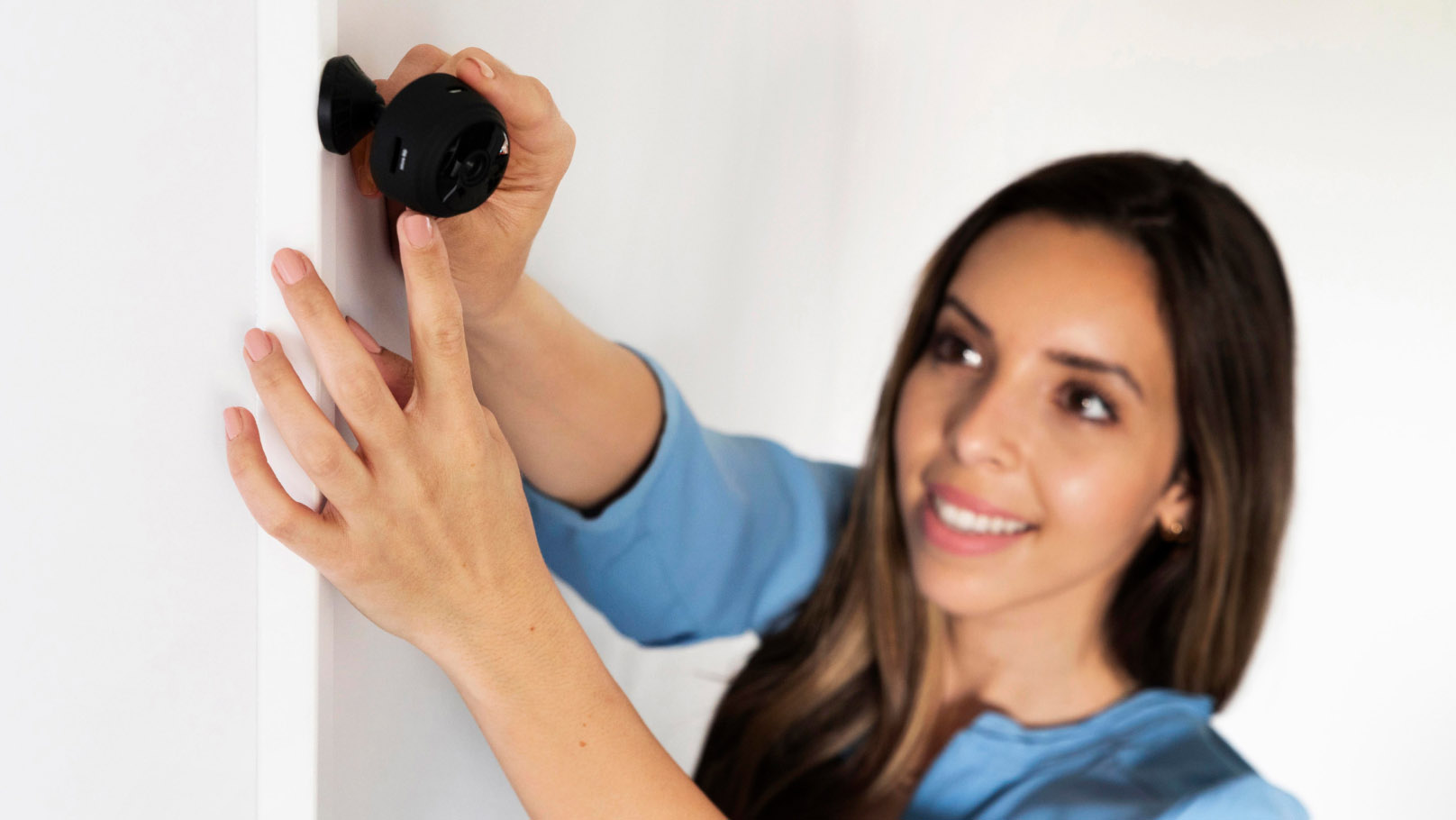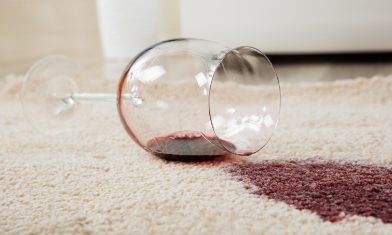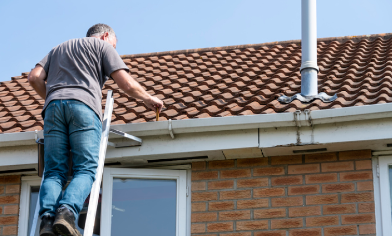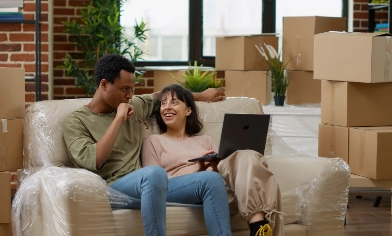Why is home security important?
Home security is crucial for making sure your family, property and personal belongings stay safe.
A secure home reduces the chances of break-ins. This can give you peace of mind whether you’re at home or away. And it can have financial benefits, too.
How can home security affect your insurance?
Home insurance providers often reward homes that are well protected. When insurers work out your premiums, they consider the risk of burglary. If they see it as low, you may benefit from lower premiums.
Homes with burglar alarms, security cameras or advanced door locks are viewed as less likely to be targeted by thieves.
In contrast, homes with poor security might have to pay more for cover. They may even risk having insurance claims denied if they ever need to make them. Insurers may require a certain level of security before they provide cover.
Tips to help secure your home
There are lots of steps you can take to improve your home security. They range from simple fixes to installing smart technologies. Here are some ways to make sure your home is well protected.
1. Install high-quality locks
One of the simplest but most effective ways to secure your home is by upgrading the locks on your doors and windows. Until you’ve changed your locks, you can’t be sure who has keys to your property.
It also gives you the chance to make your home more secure by installing a different type of lock. Consider:
- Deadbolts: These add extra strength and are harder to force open compared to regular locks
- Smart locks: With smart locks, you can lock or unlock your door remotely via a smartphone app. Some models even send alerts if someone tries to tamper with them
Insurers may want to know if your home has separate lockable entrances. Make sure you’re fitting them all with British Standard locks. Check the Master Locksmith Association’s recommendations if you’re unsure.
2. Set up security cameras
Just the presence of a security camera can help deter intruders.
Modern cameras are equipped with motion sensors, so they pick up and record suspicious activity. If someone breaks in, the footage they capture may help catch the intruders and return any items they steal.
Many cameras let you set up alerts and see and speak to visitors using a mobile app even when you’re not home. And, even if the camera’s lost or stolen you can still access its recording because they’re stored securely online.
These types of security systems are user-friendly, affordable and allow for easy monitoring of your home from anywhere. Popular camera brands include Ring, Amazon Blink, Arlo and Google Nest. It’s important to research the options to find features and prices that suit you.
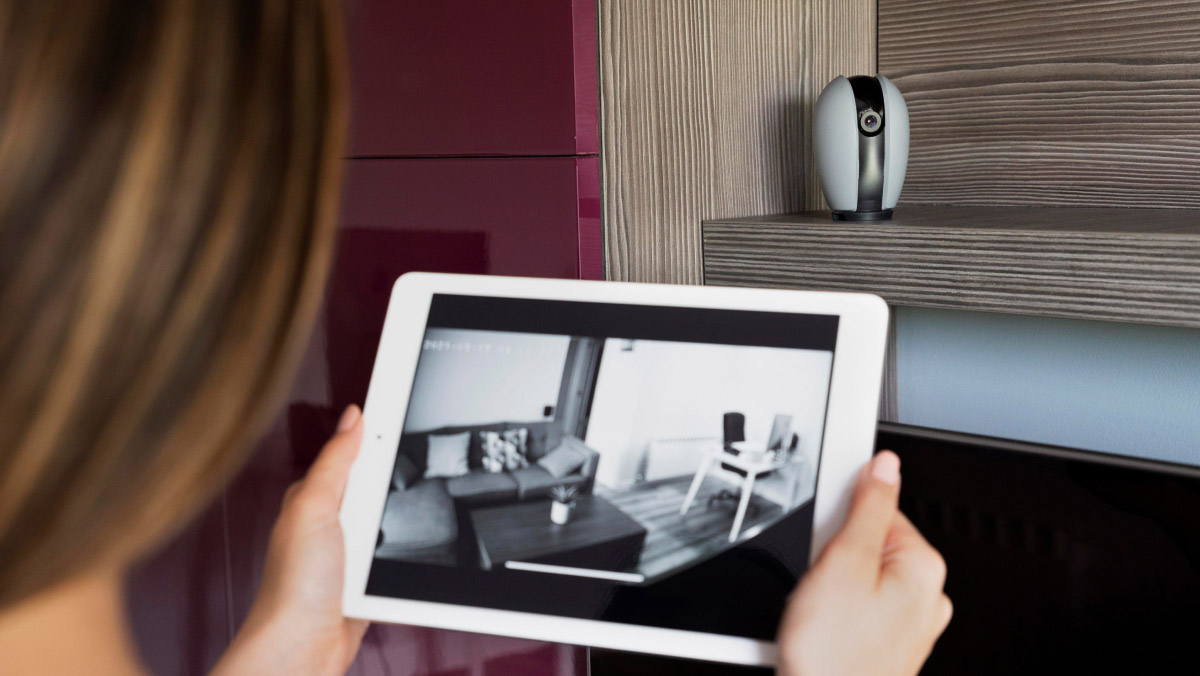
3. Install outdoor lighting
Well-lit homes are less of a draw for burglars. So you can deter would-be intruders by installing motion-activated outdoor lights.
Solar-powered options need no wiring, little maintenance and save on mains power. You can also buy outdoor lights that run on the same smart systems as doorbells and cameras, all managed through a smartphone app.
4. Install a burglar alarm
A burglar alarm is another great way to keep intruders away. Like cameras and lights, many modern alarms can be controlled from your phone. They can also send you alerts if they're set off, so you can respond or turn them off as needed. And some alarms are linked to a security service or the police, giving you extra protection and a quick response.
5. Secure windows and doors
Windows and doors are common entry points for burglars. Reinforcing them with locks and extra barriers like bars can greatly reduce the risk of a break-in.
Make sure the locks on windows work properly, especially those on the ground floor. And consider installing shatterproof glass as it’s much stronger than regular glass.
Adding extra locking mechanisms inside windows can make them more secure. For instance, window restrictors or locking bolts can stop windows from being fully opened, even if the glass is broken.
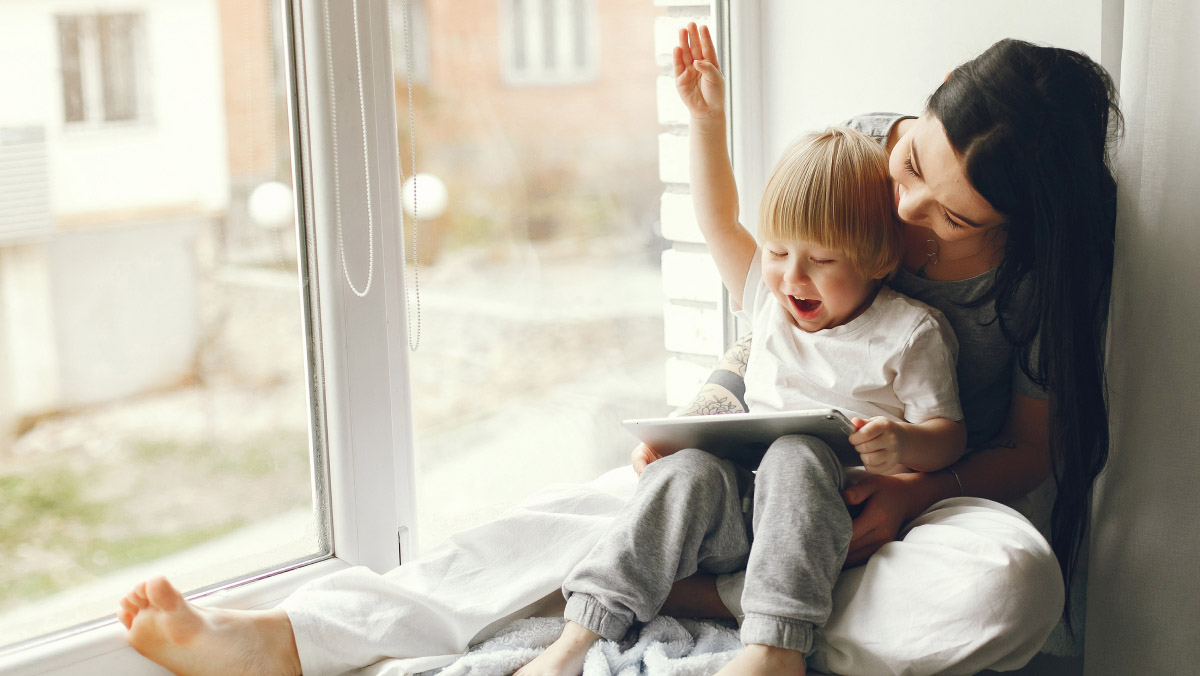
6. Keep valuables out of sight
A lot of theft is opportunistic. Criminals see an open window or valuable item within reach and make the most of it.
Avoid making your home an easy target. Remove valuables from the view of ground floor windows. Don’t leave car keys or mobile phones near the front door. And, if you lock up your bike outside your home, make sure it’s attached to something that can’t be moved.
Buying contents insurance can help protect your possessions in case they’re stolen. And buildings insurance can safeguard against malicious damage to the building itself.
7. Register your valuables with Immobilise
Immobilise is a national property register. It was set up to get stolen items back to their original owners. You can register most types of valuable items, from phones to bikes.
If the police recover your stolen item and it’s fitted with an Immobilise tag, they can run it through their nationwide system and return it to you.
Find out more or register for Immobilise.
8. Don’t forget about garage and garden security
Garages and gardens are often overlooked when it comes to home security. But they can be useful entry points for intruders.
Make sure there’s a high-quality lock installed on your garage door. If you have cameras installed, make sure one of them has a view of the garage and around your property.
And don’t forget the shed, if you have one. Keep it locked so thieves don’t have easy access to tools that could be used to access your home.
9. Get into good habits
A big part of home security is getting into good habits – and stopping the bad ones.
Do you leave a spare set of keys under the doormat or a flowerpot? Do you sometimes forget to lock doors and windows? Think about which habits are putting your home at risk. It’s about making sure you’re not making it easy for thieves.
The Neighbourhood Watch scheme is a great community resource to help keep your home and neighbourhood safe. If you’re a member of the scheme, some insurers will give you a discount on your home insurance.
You’ll also find home safety and crime prevention tips on the CrimeStoppers and POLICE.UK websites.
Home security tips for when you’re on holiday
When you’re away for an extended period, like a holiday, your home can be more vulnerable to break-ins. Here are a few other ways to protect it when you’re out.
- Use a timer for lights: Set indoor lights to switch on and off using a timer. This makes it look like someone’s home and can put off burglars who target empty homes. If you have a smart home setup, you’ll usually be able to put your lights on a timer in the settings
- Ask a neighbour to keep an eye on things: Having a neighbour you trust to check on the house, park in your driveway, close curtains and collect post can make your home look lived in
- Lock away your valuables: Don’t leave expensive items like gadgets and jewellery lying around for thieves to spot through windows. Lock them somewhere secure before you leave
- Pause your deliveries: While you’re away, pause regular deliveries like newspapers or milk. And watch out for home shopping deliveries. Piles outside your door are a tell-tale sign no-one is out. And items are easy to snatch if no-one’s there to collect them
- Wait to post your holiday snaps: Sharing travel photos on social media advertises that you’re away from home. So wait until you’re back home to update friends and family on your adventures
Key takeaways
- Good home security can help protect you, your loved ones and your belongings
- It may also help lower your insurance premiums and improve your chances of successful claims
- Simple actions like adding strong locks, outdoor lights and cameras can help protect your home
- Smart security systems let you watch your home remotely and save footage safely in the cloud for later
- When you're away, take extra care by using light timers, securing valuables and pausing deliveries
